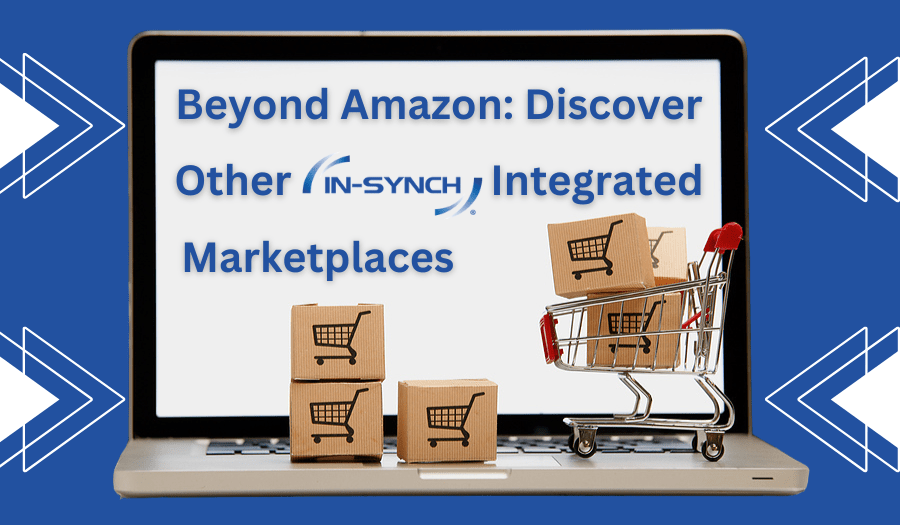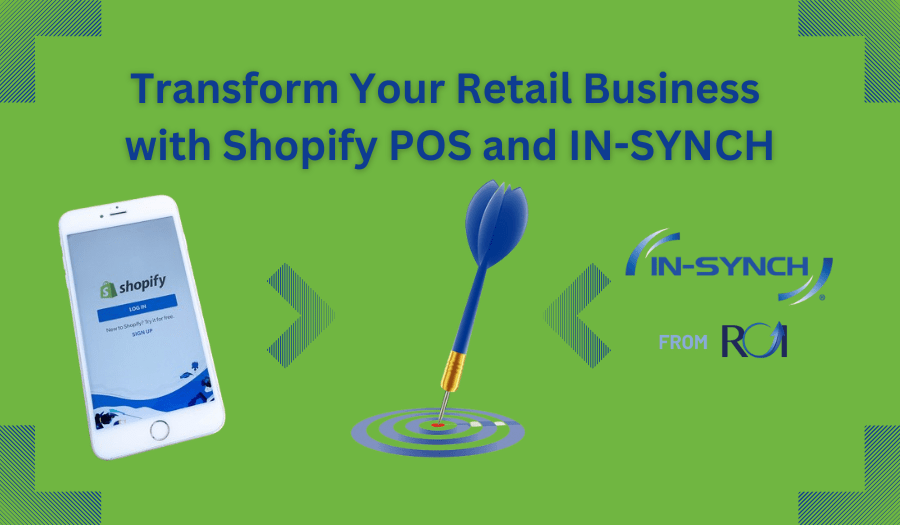By Ruth Richter • November 28, 2018

Card spending is also the way of internet shopping, so if your business wants to set up a thriving ecommerce site, you’ll need the ability to process credit cards, which means selecting the right credit card processing service.
Get Paid
Whether you’re taking payments online or in person, you need a credit card processor in order to accept credit card payments. That processor forms the link between your business and the banks, issuers, and credit card networks. Sounds simple enough but picking your credit card processor may be anything but. Some of the things you’ll need to consider include:
- Cost: Not all credit card processors have very expensive—or any—upfront costs, but the fees associated with the actual processing can be dizzying. Make sure you clearly establish whether your processor fees are a flat monthly fee or per transaction. Beware that if you don’t have a fixed flat fee, different cards may charge fees at different rates—for example, American Express is one of the more expensive with fees up to 3.5 percent—and end up costing you more money. Evaluate your processing volume and transaction size to determine which fee will be the lower cost for your particular organization. Other fees such as compliance fees, interchange fees, and statement fees may be added on to your bill. Ask for a clear outline of all fees before agreeing to a processor.
- Security and Fraud Prevention: This is one of the most important considerations for ensuring you protect your customers—and your business! For online sales, you need a processor that supports SSL certificates and CVV2 verification. A good processor will also be compliant with PCI-DSS (Payment Card Industry Data Security Standard) regulations, which require your payment ecosystem to be inventoried, documented, and secured. That can be a lot for your business to navigate, but a processor with experience in your industry can make sure your systems are set up right from the start. Finally, make sure your processor has seller protection and support in the event of fraud.
- Interoperability: You’ll want your processing network to connect to your systems and hardware, integrating beyond the basics into other services like Shopify as well.
- Customer Support: At some point, you’ll need help with your processor. Find one that will offer 24/7 support and the option to always speak to a human. Preferably the same one or two every time you call.
Paper or Plastic?
There are certainly several popular credit card processors that work with Sage 100 systems. But they need to be more than just a partner; you need to be sure they are compatible with your shopping carts as well.
- Century Business: With Sage 100 Standard credit card processing, Century Business has been a top integration choice for Sage users since 2008.
- Paya: Currently owned by GTCR, Paya was part of Sage North America for 11 years. Its open environment allows simple connectivity for payments from online, in store, or mobile.
- APS: The American Payment Solution for Sage 100 credit card processing features a host of benefits to streamline your processing. While relatively young, they are largest processor based out of Arizona and on the list of fastest growing companies in America.
To give your customers the best payment experience possible, find the processor that connects best for all your needs. If your credit card processing happens entirely on a website, integration may not be necessary. If your website does pre-authorizations, then you may need to take your integration another step. To automate the capturing, you can either get an integrated credit card processing solution or we can set something on the website that would be triggered by the shipments in Sage.
Integrate with IN-SYNCH
Don’t leave your processing security to chance. Protect your customers’ credit card data by integrating your credit card processor to your Sage ERP and ecommerce sites using IN-SYNCH by ROI Consulting. This lightning-fast, bi-directional integration tool provides real-time data synchronization, ensuring a smooth payment process and best-in-class data security measures.
Protect your customer’s credit card data with IN-SYNCH’s integration for Sage 100 and credit card processors. Ready to learn more about ROI’s credit card processor integration with IN-SYNCH? Ask us online or call us at 402-934-2223 ext. 1.




